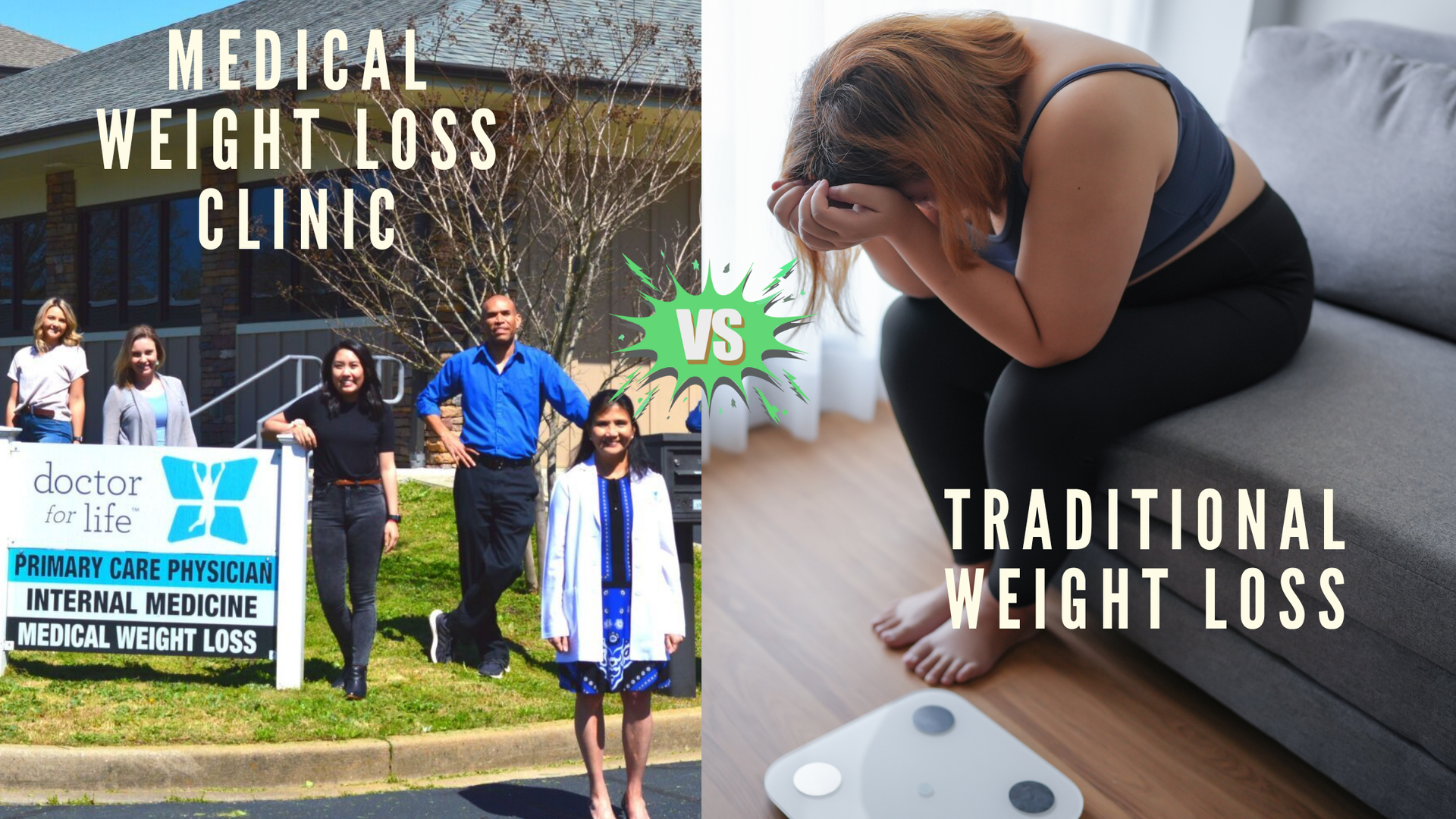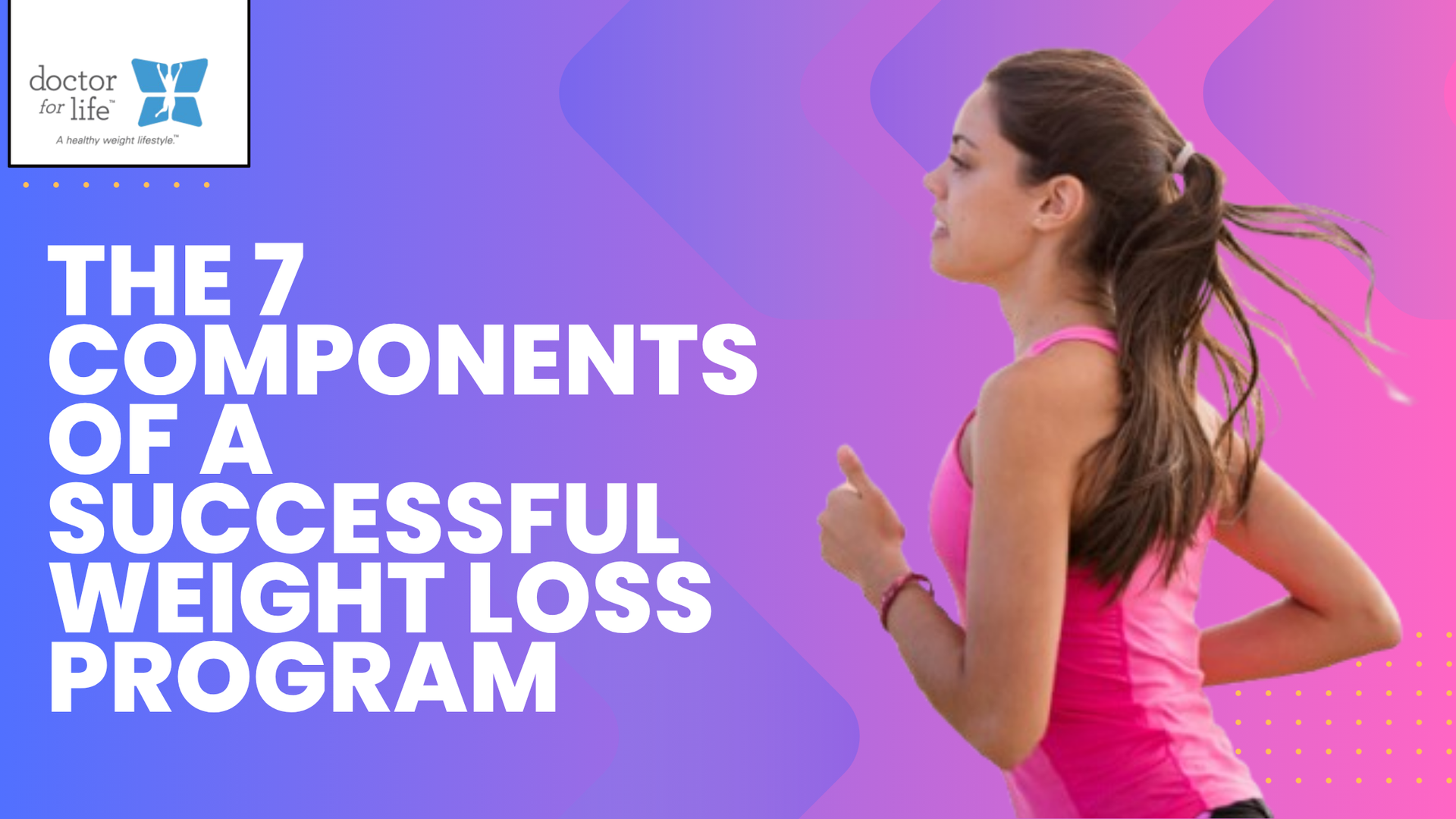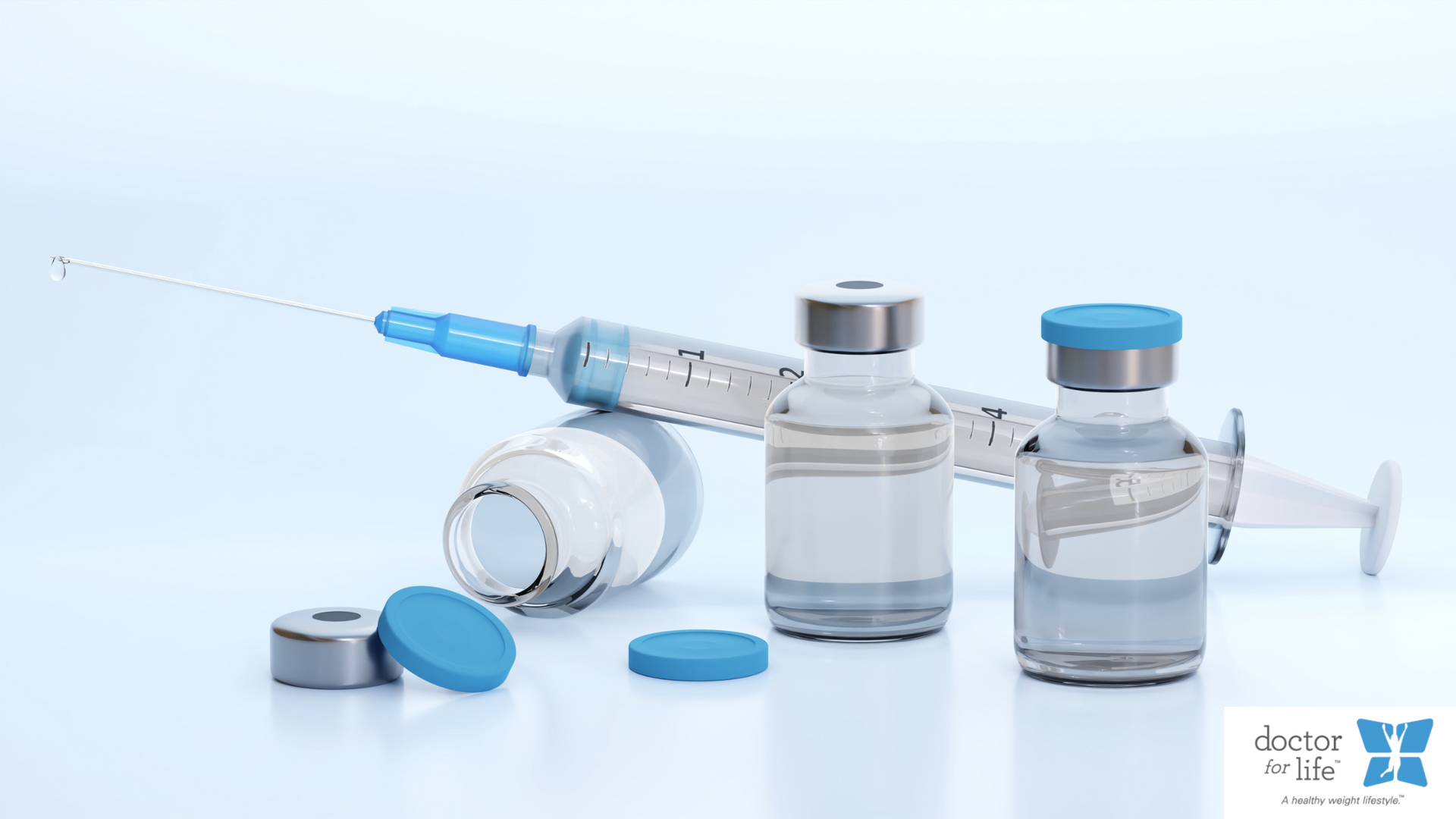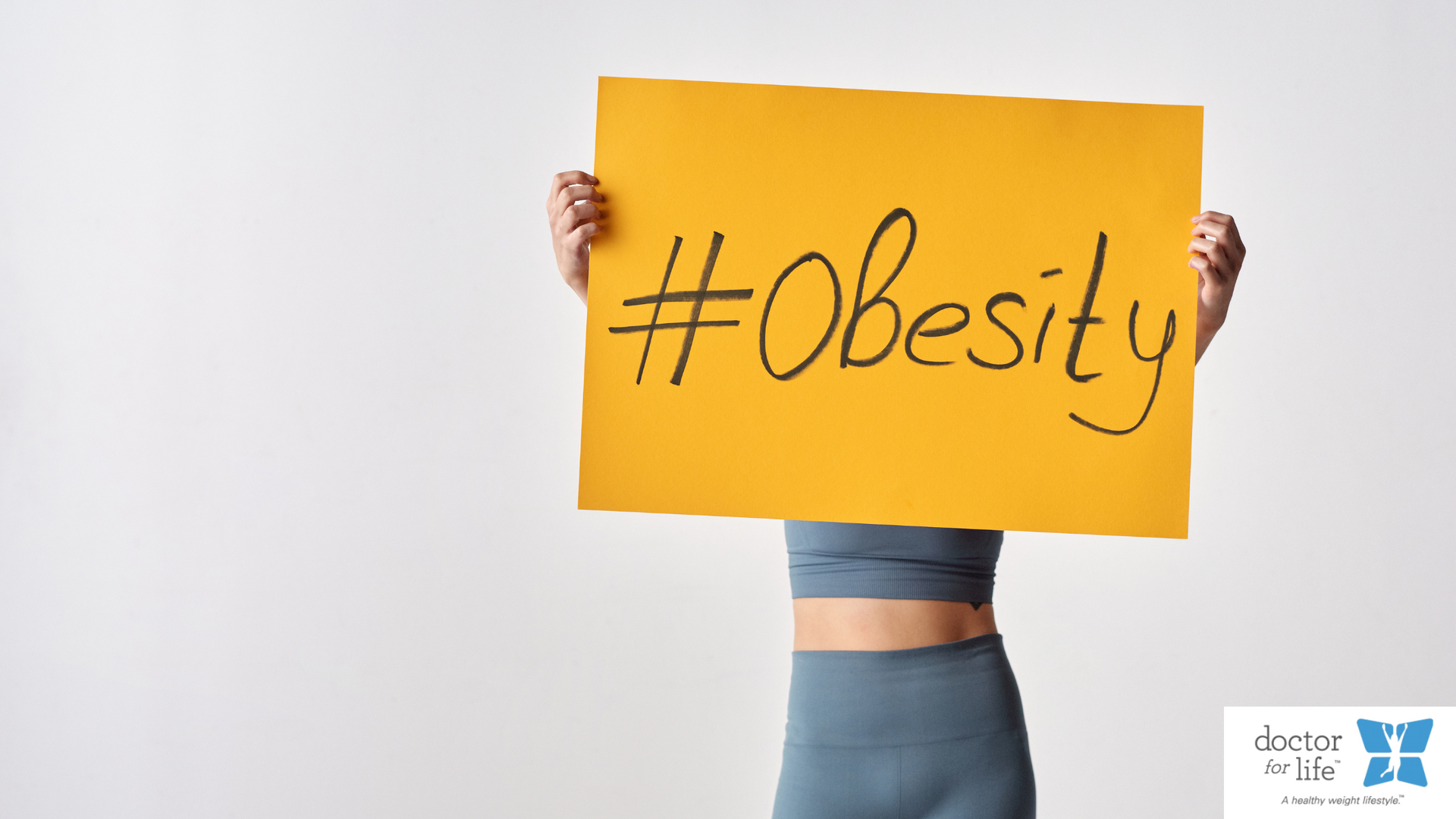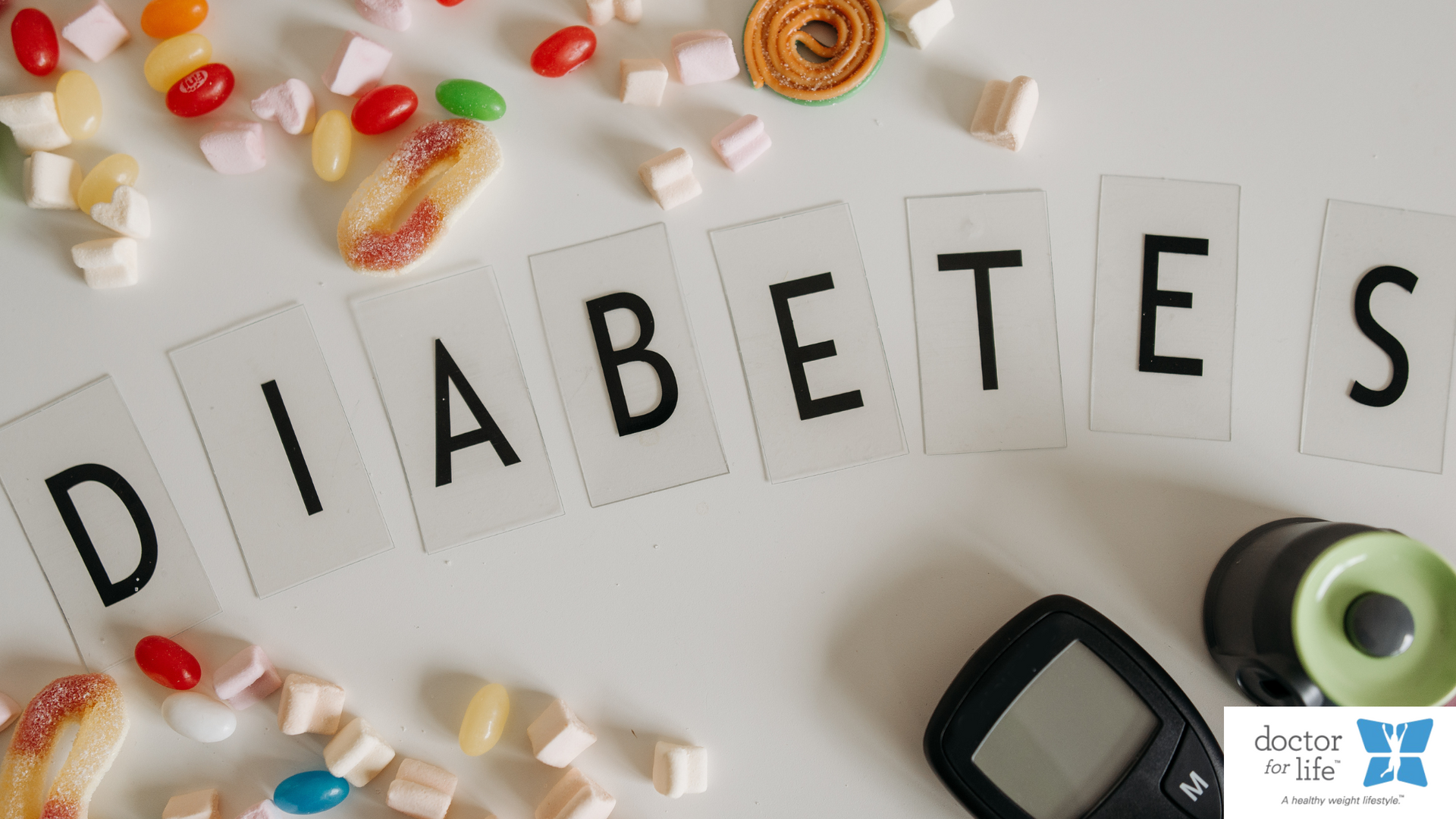Once Again, Erroneous Information Strikes Again!
Daniel Andras, RDN • August 14, 2020
Get The Inside Scoop on Dairy!

I came across a recent post on Facebook by an M.D., who wrote this:
"What’s so special about 2020? Pandemics aside, its another year for a new set of dietary guidelines, which are updated every 5 years!"
- This is true.
“It’s time for the Dietary Guidelines to protect the health of Americans by making it clear that dairy is unnecessary."
- This is partly true; dairy is not a required food, but it is VERY nutritious, & it has allowed many cultures / civilizations to survive & thrive, or else you wouldn't be here today...Believe it or not, not joking, the colonies would have fizzled out if cows had not been part of a shipment bringing fresh supplies to the early settlers. Look it up the early US history...
“The 2020 Dietary Guidelines Advisory Committee scientific report recommends up to three servings of dairy, but also says to avoid saturated fat to lower heart disease risk. Dairy products, as the report notes, are the leading source of saturated fat."
- A mixture of truth & error, as is common in today's nutritional world & recommendations: you don't necessarily have to consume 3 servings of dairy a day... Dietary Guidelines advising avoidance of saturated fat is slowing being turned on its head, as more & more people are switching to a lower carb, higher fat (keto way of eating, which includes plenty of saturated fat), only to find that lipid profiles / heart disease risk is being reversed... & yes, dairy is a significant source of (GOOD) saturated fat...
“Scientific evidence also shows that milk and other dairy products increase the risk of asthma, breast, ovarian, and prostate cancers, cognitive decline, and early death, and offer little if any protection for bone health. In 2018, the American Medical Association passed a resolution recognizing that lactose intolerance is common among many Americans and recommending that the Dietary Guidelines for Americans indicate that ‘meat and dairy products are optional.’
- People might have lactose intolerance because they are consuming, often-times, POOR quality, store-bought, pasteurized milk in which many of the enzymes / probiotics / good bacteria have been destroyed, therefore making it much more difficult to break down lactose. Raw milk contains good bacteria that produce LACTASE, which aid in breaking down LACTOSE. Make sense? Good. Regarding asthma, please see further information down below.
“Plant-based diets rich in fruits, vegetables, grains, and beans provide plentiful calcium, potassium, and magnesium. The natural source of vitamin D is sunlight, and [we have ample dietary sources].”
-
Not a very correct statement. See more info below. In addition, to more adequately absorb calcium for example, Vitamin D needs to be present. The aforementioned foods do not contain Vitamin D (no fat in fruits, vegetables, grains, beans!), so please don't fall for that lie...sorry!
Let’s support Physicians Committee for Responsible Medicine in urging the USDA and HHS to make it clear in the 2020-2025 Dietary Guidelines for Americans that dairy is not a health food.
- Actually, it is, I'm sorry to burst your plant-based bubble 😉
If I may politely and respectfully disagree a little more, with the above, as a registered dietitian having studied dairy for at least 15 years... DAIRY CAN be a very nutritious health food, most specifically, if it is raw and of good quality.
If history is studied, the question can be asked, how did massive groups of people survive / thrive / migrate without a significant reliance on grains / "stationary" food? They tended sheep, goats, cattle, that provided them plenty of nutritious vitamins, minerals, protein, fats, carbohydrates, etc...
Additionally, RAW dairy has actually been scientifically PROVEN to prevent / reduce incidence of asthma:
- Conclusion: Our results indicate that consumption of farm milk (i.e., RAW MILK) may offer protection against asthma and allergy.
- Conclusions: The findings suggest that the protective effect of raw milk consumption on asthma might be associated with the whey protein fraction of milk.
MUCH more scientific research could be provided, but please always make sure to DIFFERENTIATE between RAW milk, and store-bought, pasteurized milk / dairy.
Additionally, in my practice, I've helped many people overcome lactose intolerance by recommending / switching them over to raw milk, which is teeming with good bacteria, which also happens to produce the enzyme LACTASE, to break down dairy's own LACTOSE.
Lastly, it is incorrect to say that sunlight "provides" vitamin D... Vitamin D is produced from CHOLESTEROL found in the skin. Where does cholesterol come from? Fats. Animal fats. Cholesterol is NOT a plant-based nutrient. Science has already proven this. So we either get Vitamin D from A) our skin, with a precursor of cholesterol, or B) from our diet (which would need to contain FAT-SOLUBLE vitamins). Unfortunately, there is not much fat in carrots, kale, & other vegetables.

